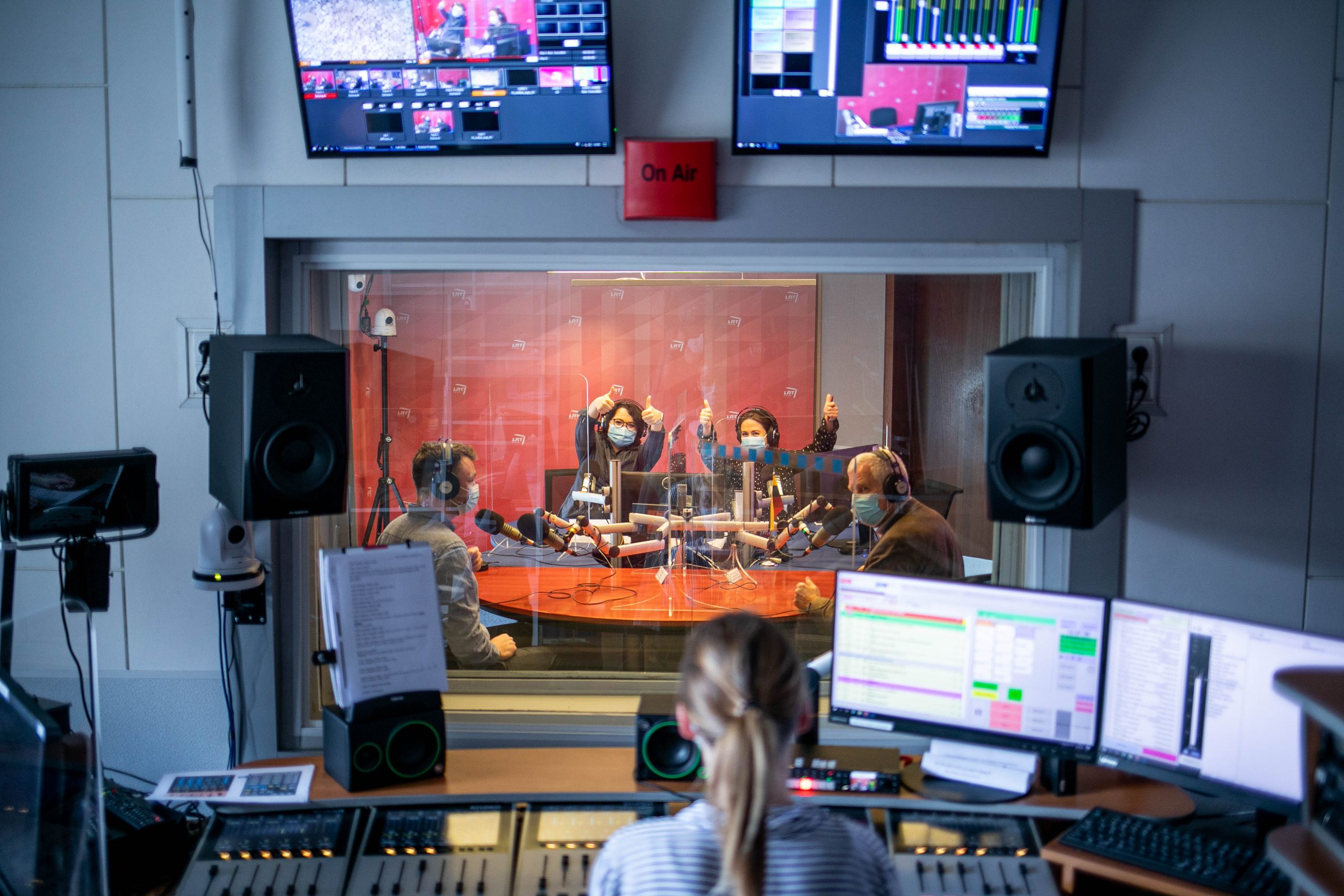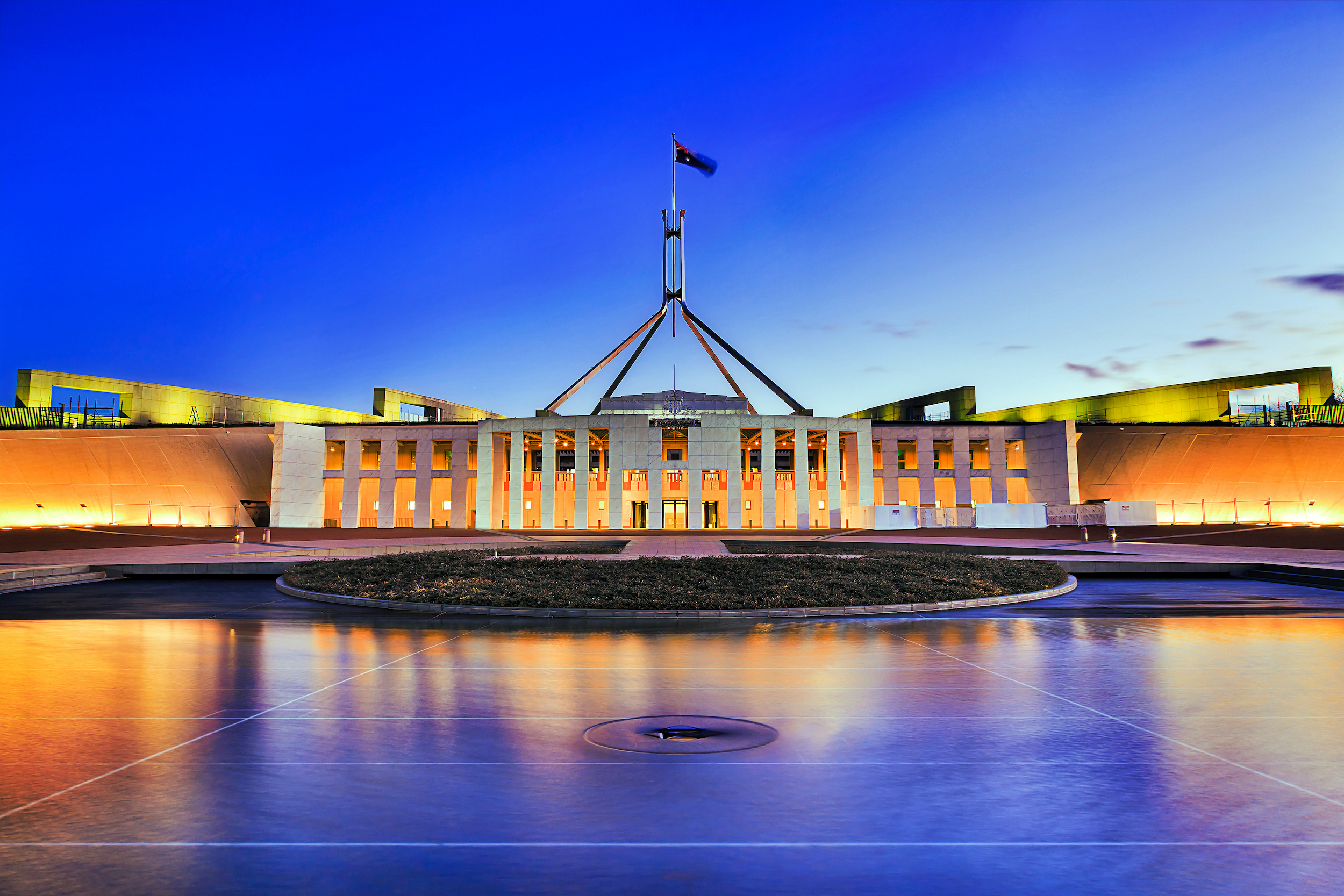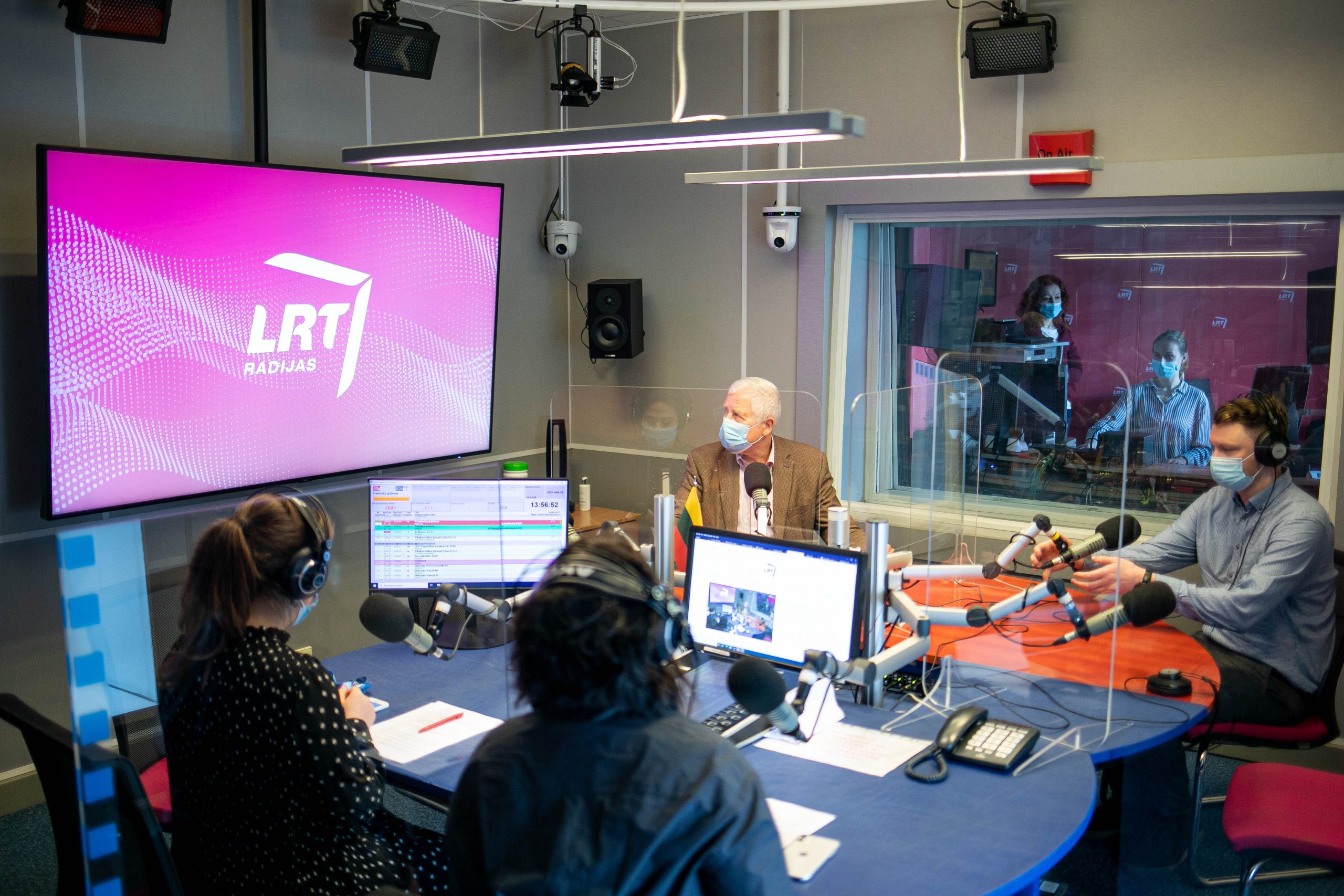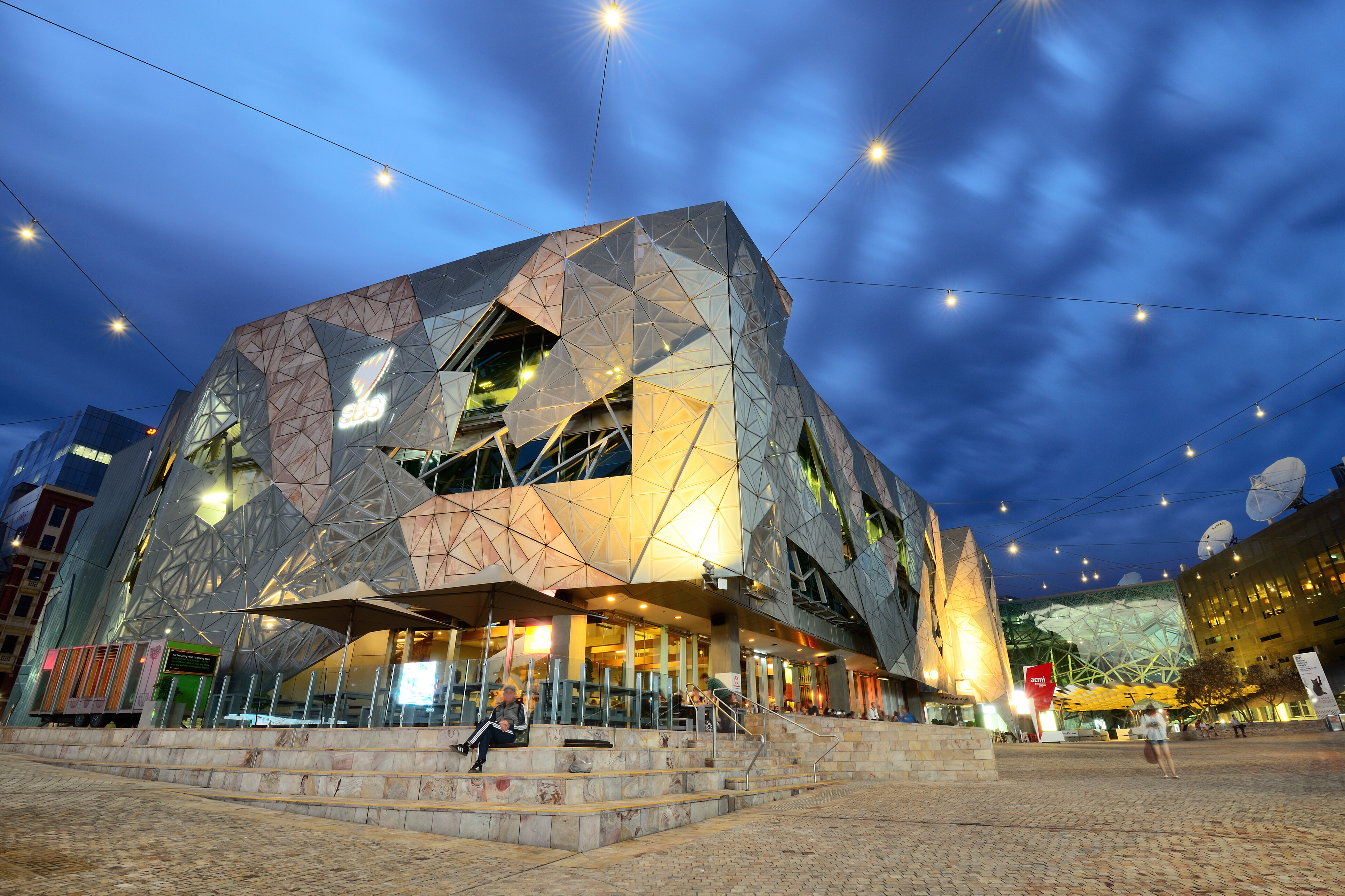SBS: Making elections accessible
6th May 2022
The public media organisation has arranged partnerships with ABC and other commercial news outlets to simulcast election debates in a host of different languages.
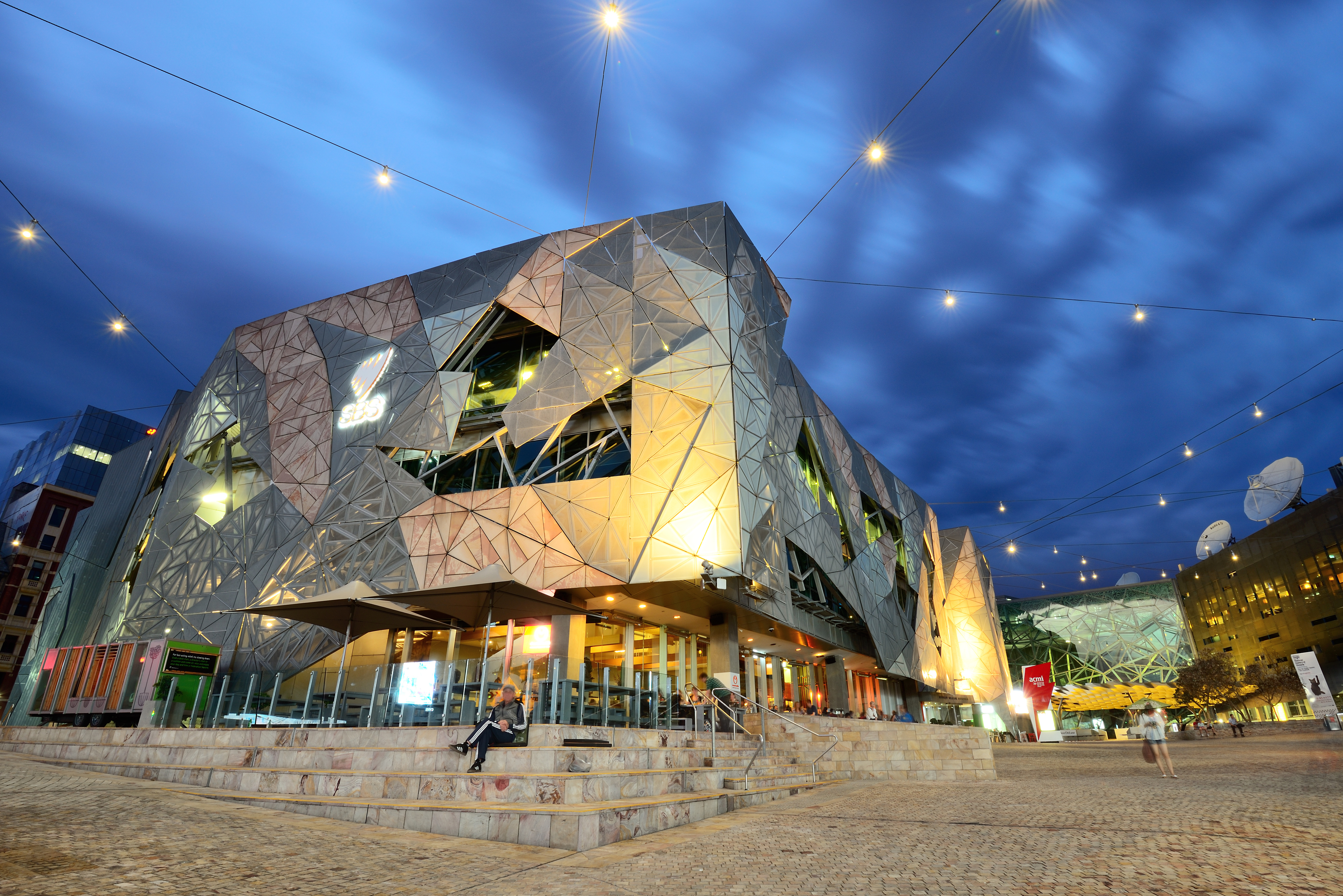
With Australia’s general election scheduled for 21 May, SBS has ramped up its election coverage to ensure they are covering all the issues, so the public are best informed.
They are not the only public service media organisation making such pledges. The Australian Broadcasting Corporation (ABC) has promised to provide “election coverage from all angles”. This offering includes the launch of a special daily podcast, Australia Votes, as well as the return of “You Ask, We Answer”, a multimedia campaign which takes audience questions, gets journalists to investigate them, and then provides an answer.
Other news outlets, such as The Sydney Morning Herald, have made similar promises.
But in a multicultural and multilingual society such as Australia, it is critical that all audiences can access such content, particularly when it pertains to such important events. Nearly a quarter of Australians speak a language other than English. The Special Broadcasting Service (SBS) is a public media organisation which has the remit to ensure this accessible coverage is guaranteed.
During this election campaign, SBS has exhibited how it is providing such important content to diverse groups in Australia.
Collaboration
The organisation has agreed partnerships with multiple commercial news platforms to broadcast live interpretations of leaders debates in different languages. In April, the media company livestreamed a Sky News / The Courier Mail debate between the Prime Minister, Scott Morrison, and opposition leader, Anthony Albanese, in Arabic and Mandarin. It was a first for Australian television.
“By offering the leaders’ debate in Arabic and Mandarin, we hope to ultimately drive an understanding of the key issues, and enable informed participation in this election,” said David Hua, SBS Director of Audio and Language Content.
Since then, the organisation has organised more of these broadcasts. A leaders debate being broadcast on Sunday 8 May on Channel 9 will have Arabic, Mandarin, Cantonese and Vietnamese translations available via SBS On Demand and Facebook.
A debate being held the following Wednesday 12 May on Channel 7 and 7plus will also carry translations in the same four languages across SBS’ network. Meanwhile, SBS has already provided Arabic and Mandarin translations of two debates between ministers and shadow ministers which were organised by the National Press Club and broadcast on the ABC.
تابعوا مناظرة الدفاع مع ترجمة فورية باللغة العربية في نادي الصحافة الوطني مع وزير الدفاع بيتر داتون ووزير الظل للدفاع بريندان أوكونور#auspol #ausvotes #leadersdebate #election2022 #federalelection #sbsondemand
https://t.co/OrURgRMZVy— SBS Arabic24 (@SBSArabic24) May 5, 2022
“SBS is uniquely placed to ensure that audiences whose preferred language might not be English can engage fully with our democratic process,” said SBS Managing Director, James Taylor.
Reaching everyone in society
It is imperative that public media organisations recognise the need to be able to reach everyone in society, and not just during times of high political engagement, such as elections. As Lithuania’s LRT has demonstrated, producing multilingual radio shows which provide information to numerous minority groups in their respective languages is a critical element of their mission to inform. While SBS is specifically designed to provide this service, all PSMs need to recognise this duty.
SBS’ idea to collaborate with other media organisations to ensure these debates are accessible for these programmes demonstrates public service media at its most innovative.
It compliments their other schemes which are designed to reach multicultural groups. This includes the SBS Election Exchange, where SBS hosts community-based events that connect communities with local candidates. The broadcaster has also partnered with the Australian Electoral Commission in creating a series of videos in over 40 languages, which explain the voting process, and how to identify election misinformation.
SBS is a unique broadcaster in that its mission especially focuses on the creation and curation of content that is accessible to all groups in society, especially those who might be excluded from other mainstream media coverage. During election periods, SBS’ work carries a heightened importance, as it helps to engage communities, which ultimately provides huge benefit for democracy. Even if countries do not have such a dedicated PSM like SBS, all PSMs should recognise the importance of reaching diverse groups and strive to connect with them.
Read more from our series on elections and Public Service Media (PSM)
» How election results can impact PSM
Related Posts
13th October 2021
SBS Australia’s language services review underway
SBS has commenced its regular review of…
